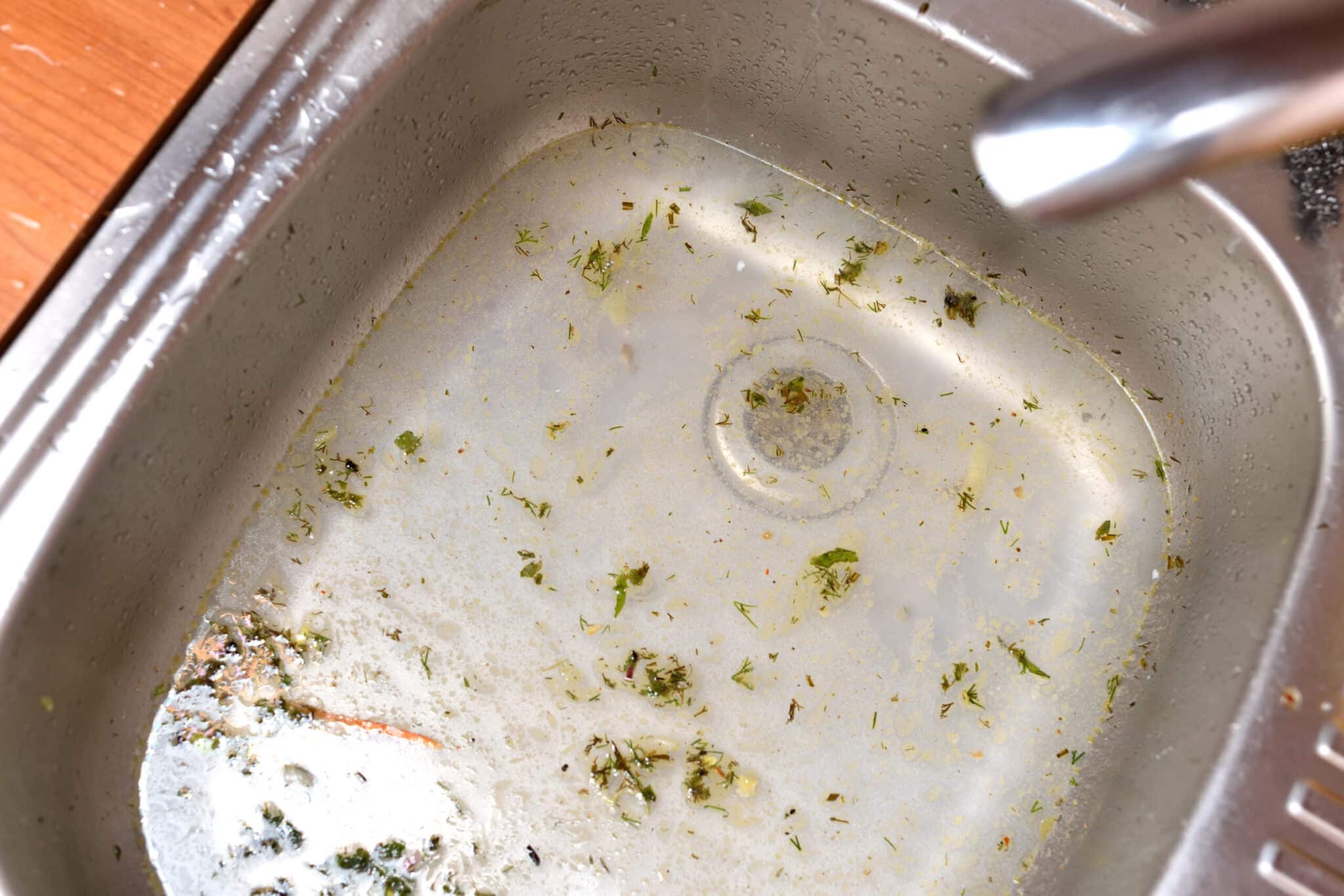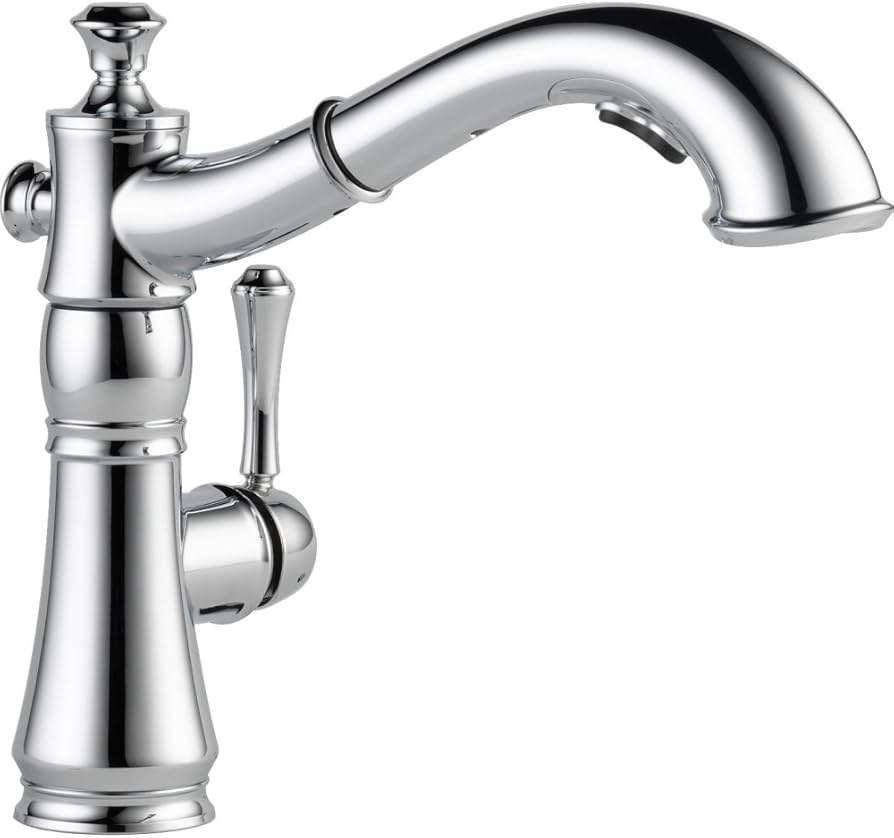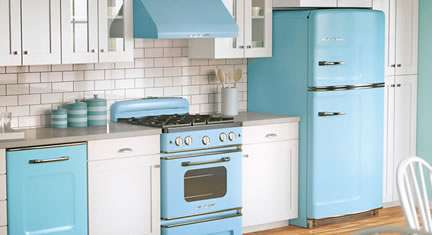Discovering a basement floor drain backing up when the kitchen sink drains is a plumbing problem that can quickly escalate from an annoyance to a major headache․ This situation often points to a blockage somewhere within your drain lines, causing wastewater from the kitchen sink to seek the path of least resistance, which unfortunately happens to be your basement floor drain․ Understanding the root cause and knowing how to address it promptly is crucial to preventing further damage and maintaining a healthy plumbing system․ Ignoring this issue can lead to unpleasant odors, potential water damage to your basement, and even the growth of mold and mildew․
Understanding the Plumbing System Connection
The key to understanding why this happens lies in the interconnected nature of your home’s plumbing system․ The kitchen sink and the basement floor drain are typically connected to the same main drain line that exits your house․ When this main line, or a branch line leading to it, becomes clogged, the water from the kitchen sink can’t flow freely to the sewer or septic system․ Instead, it backs up, seeking an escape route; The basement floor drain, being at a lower elevation, often becomes that escape route․
Common Causes of the Backup
- Grease Buildup: Grease poured down the kitchen sink solidifies over time, coating the interior of the pipes and restricting water flow․
- Food Scraps: Even with a strainer, small food particles can accumulate and contribute to clogs․
- Hair and Soap Scum: While more common in bathroom drains, these can also contribute to blockages further down the line․
- Tree Root Infiltration: Tree roots can penetrate sewer lines, causing significant blockages․ This is more common in older homes with clay or cast iron pipes․
- Foreign Objects: Accidental flushing of non-flushable items can also lead to backups․
Troubleshooting and Solutions
The good news is that many causes of a basement floor drain backing up when the kitchen sink drains can be addressed with some DIY troubleshooting․ However, for more serious clogs or potential sewer line issues, professional help is often required․
DIY Troubleshooting Steps
- Check the Kitchen Sink Drain: Start by removing the sink stopper and visually inspecting for any obvious obstructions․ Use a plumber’s snake to try and dislodge any debris close to the drain opening․
- Plunge the Floor Drain: Use a plunger specifically designed for floor drains․ Ensure there’s enough water in the drain to create a good seal․
- Use a Drain Cleaner: Chemical drain cleaners can sometimes dissolve minor clogs․ However, use them with caution, as they can be corrosive and damage pipes over time․ Follow the manufacturer’s instructions carefully․ Consider enzyme-based drain cleaners as a safer alternative․
- Snake the Floor Drain: Use a longer plumber’s snake to reach further into the drain line and break up any obstructions․
When to Call a Professional
If the DIY methods fail to resolve the issue, it’s time to call a professional plumber․ Here are some situations where professional help is essential:
- Persistent Backups: If the backing up occurs frequently, even after trying DIY solutions, there’s likely a more serious underlying problem․
- Slow Draining in Multiple Fixtures: If other drains in your house are also draining slowly, it could indicate a blockage in the main sewer line․
- Suspected Tree Root Infiltration: Tree roots require specialized equipment and expertise to remove․
- Sewage Odors: Strong sewage odors indicate a potential sewer line break, which requires immediate attention․
Preventative Measures
Prevention is always better than cure․ Here are some steps you can take to prevent future backups:
- Avoid Pouring Grease Down the Drain: Dispose of grease in a container and throw it away․
- Use a Sink Strainer: A good sink strainer will catch food scraps and prevent them from entering the drain․
- Flush Drains Regularly: Periodically flush your drains with hot water to help prevent buildup․
- Consider Professional Drain Cleaning: Schedule regular professional drain cleaning to remove accumulated debris and prevent clogs․
Dealing with a basement floor drain backing up when the kitchen sink drains can be frustrating, but by understanding the potential causes and knowing how to troubleshoot the issue, you can often resolve the problem yourself or know when to call in the professionals․ Remember, proactive measures are key to maintaining a healthy plumbing system and preventing future backups․
LONG-TERM SOLUTIONS AND CONSIDERATIONS
Beyond immediate fixes and preventative measures, consider long-term solutions to minimize the risk of future plumbing issues․ This might involve upgrading your plumbing infrastructure or modifying your household habits․
PIPE INSPECTION AND REPLACEMENT
– Video Inspection: A professional plumber can use a camera to inspect your drain lines for cracks, corrosion, or root intrusion․ This allows for early detection of potential problems before they lead to major backups․
– Pipe Replacement: If your pipes are old or damaged, consider replacing them with more durable materials like PVC or PEX․ This can significantly reduce the risk of future clogs and leaks․
WATER SOFTENER INSTALLATION
Hard water can contribute to mineral buildup inside your pipes, restricting water flow․ Installing a water softener can help prevent this buildup and improve the overall efficiency of your plumbing system․
SEPTIC SYSTEM MAINTENANCE (IF APPLICABLE)
If your home uses a septic system, regular maintenance is crucial․ This includes periodic tank pumping and inspections to ensure the system is functioning properly․ A neglected septic system can cause backups in your drain lines․
ADDRESSING SPECIFIC BACKUP SCENARIOS
Sometimes, the reason a basement floor drain backs up when the kitchen sink drains is linked to specific events or situations․ Recognizing these patterns can help you pinpoint the cause and implement targeted solutions․
HOLIDAY COOKING AND LARGE GATHERINGS
During holidays or large gatherings, the kitchen sink often gets used more frequently and for heavier-duty tasks, leading to increased grease and food waste going down the drain․ Be extra cautious during these times and ensure proper disposal of waste materials․
HEAVY RAINFALL
In some cases, heavy rainfall can overwhelm the sewer system, causing backups in low-lying drains like basement floor drains․ If you notice backups consistently after heavy rain, consider installing a backwater valve to prevent sewer water from flowing back into your home․
Ultimately, addressing the problem of a basement floor drain backing up when the kitchen sink drains requires a combination of understanding your plumbing system, implementing preventative measures, and seeking professional help when necessary․ Remember that consistent vigilance and prompt action are key to preventing costly repairs and maintaining a healthy and functional home․






